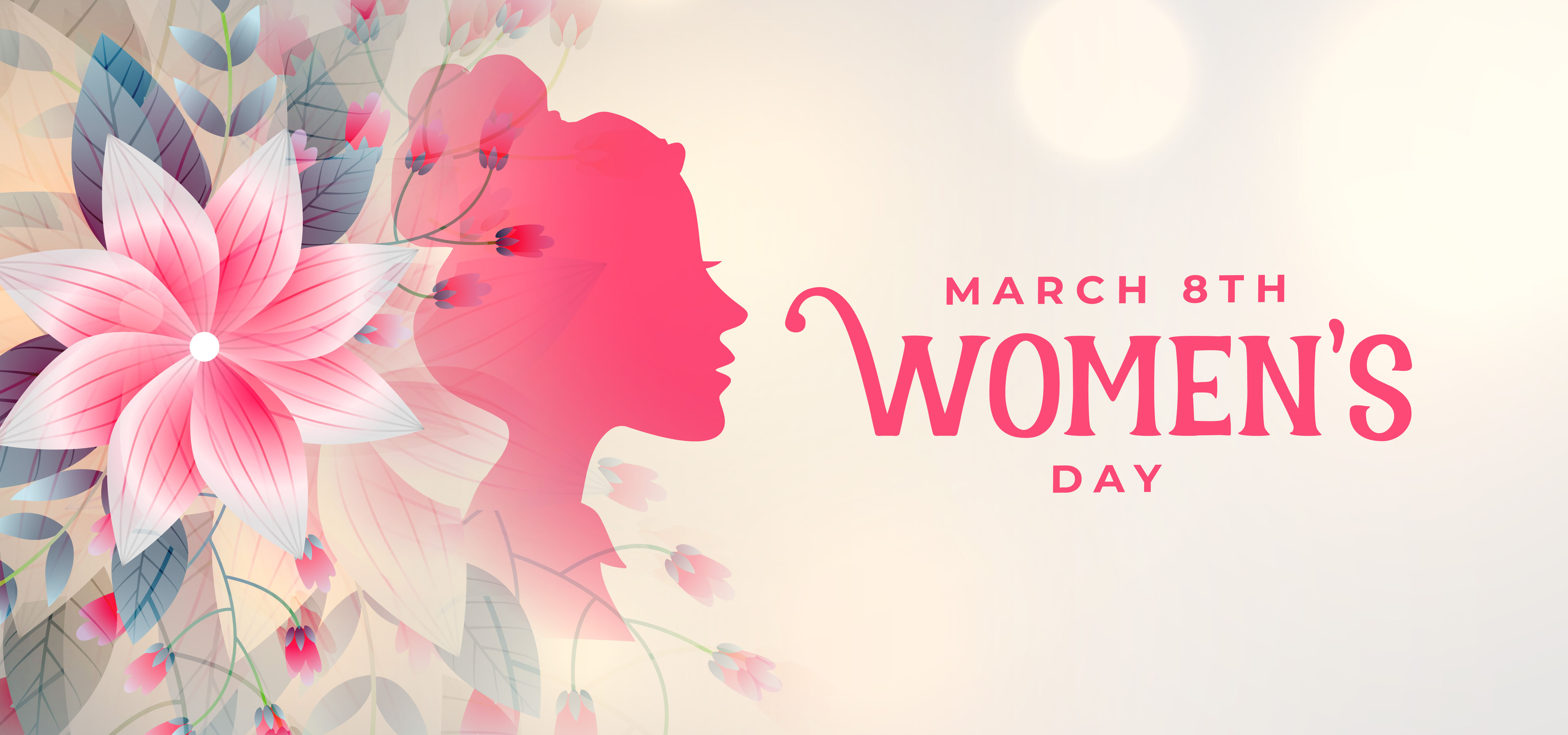100 Whatsapp Messages For Women’s Day Wishes In English
100 Whatsapp Messages For Women’s Day Wishes In Hindi

Women’s Day in Angola

International Women’s Day has become somewhat of a symbol of the solidarity shared between all the women of this planet. It is recognized and celebrated annually on 8th March. However, in the African nation of Angola along with the rest of the continent, the celebrations for African Women’s Day take place on July 31st. Each year, International Women’s Day brings a lot of positive vibes to the fore. The achievements of women worldwide are celebrated and for some nations, this is a day full of hope and optimism.
However, the same cannot be said for a lot of other countries in the world. Several nations have deep concerns when it comes to women. In these countries, women have faced frightening degrees of exploitation, and the International Women’s Day comes as a reminder of the global goal of gender equality. This day is also used to drive more attention towards women’s rights in countries where women have been threatened by gruesome crimes and sexual offences.
Throughout the years, the governments of several African nations have adopted measures to ensure increased protection and privileges for women. Multiple commitments have been signed, and pledges have been made. But unfortunately, for women in Angola and the whole of Africa in general, the implementations of these commitments and pledges have left a lot to be desired.
Yes, certain improvements have come. The most notable one has come in the form of an increase in the representation of women in various local and national bodies and decision making committees. In spite of the increase, the numbers are still hugely tipped in the favour of men. Along with this inequality of numbers, the vast majority of African women are still facing problems like poverty, sexual crimes, and a dire lack of opportunities to work in a society that is dominated by the male members. Education too, is out of reach for a lot of Angolan women.
Keeping these issues in mind, the Angolan campaign for 2015’s celebration of Women’s Day was based on the ‘Make it Happen’ theme, with a lot of social media coverage as well. Several women have taken steps to change the situation in Angola and this came to the fore in the Expo Milano earlier this year, where the celebrations of the Angolan Pavilion were particularly apparent. Major speakers and activists came forward to speak of various issues that are still to be rectified for the benefit of not just Angolan women, but African women as a whole. Their continued perseverance will undoubtedly be fruitful in the future.
- Women’s Day History
- Significance of Women’s Day
- Women’s Day Story
- UN Themes for Women's Day
- UN Day for Women's Rights
- International Women’s Day
- Rio Olympic 2016
- First Women’s Day
- Women’s Day Wishes
- Women’s Day Messages
- Women’s Day Quotes
- Women’s Day Whatsapp Messages
- Popular Sayings for Women’s Day
- Women’s Day Greetings
- Women’s Day Poems
- Women's Day Essay
- Women’s Day Speech
- Top 10 Richest Women in The World
- Women’s Day Speech in Hindi
- Women’s Day Prayers
- Women’s Day scraps
- Women's Day Images
- Women’s Day Gifts
- Most Inspiring Women in History
- What is International Women's Day
- Facts About Women's Emotions
- 50 Most Inspirational Women Worldwide
- Famous Female Athletes
- Biographies of Inspiring Women
- Mother's Day Messages
- Mother's Day Quotes
- Mother's Day Poems
- Mother's Day Wishes
- Mother's Day in UK
- Women in Indian Army



